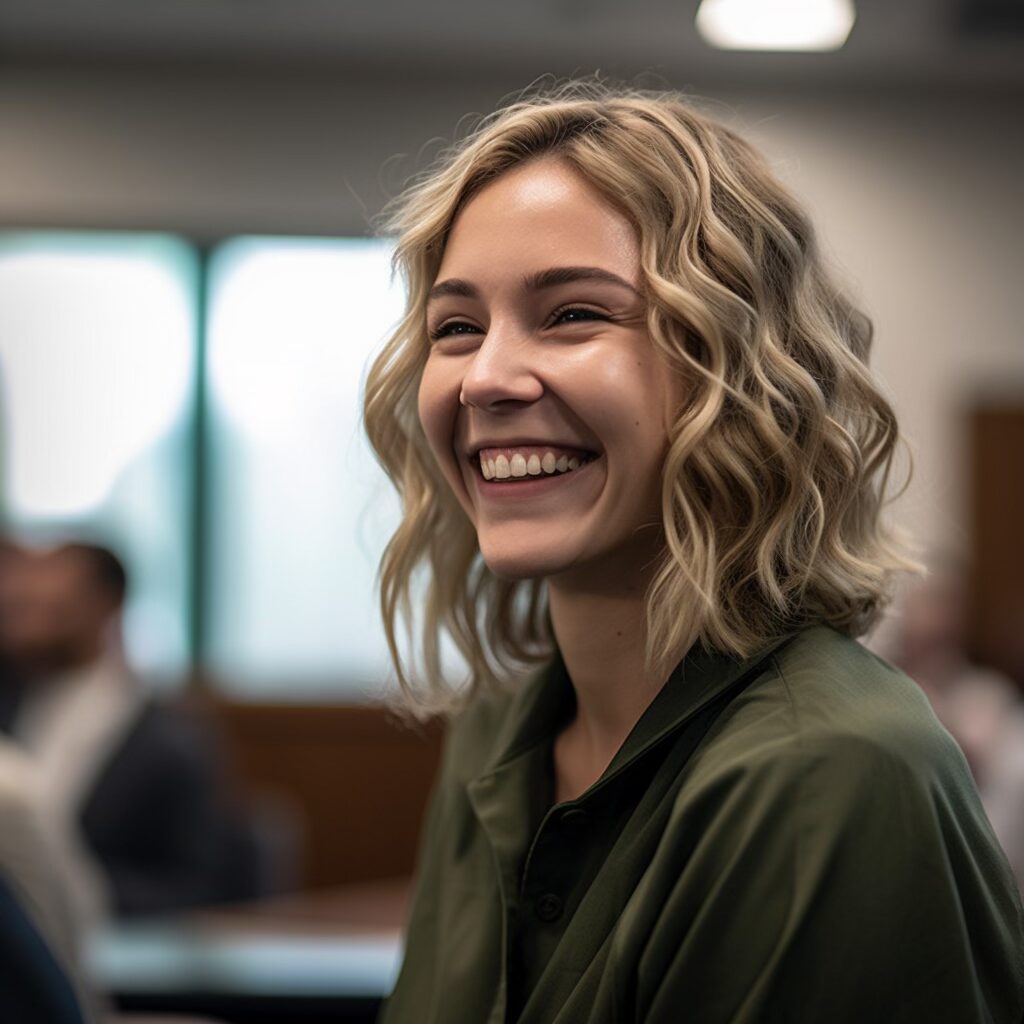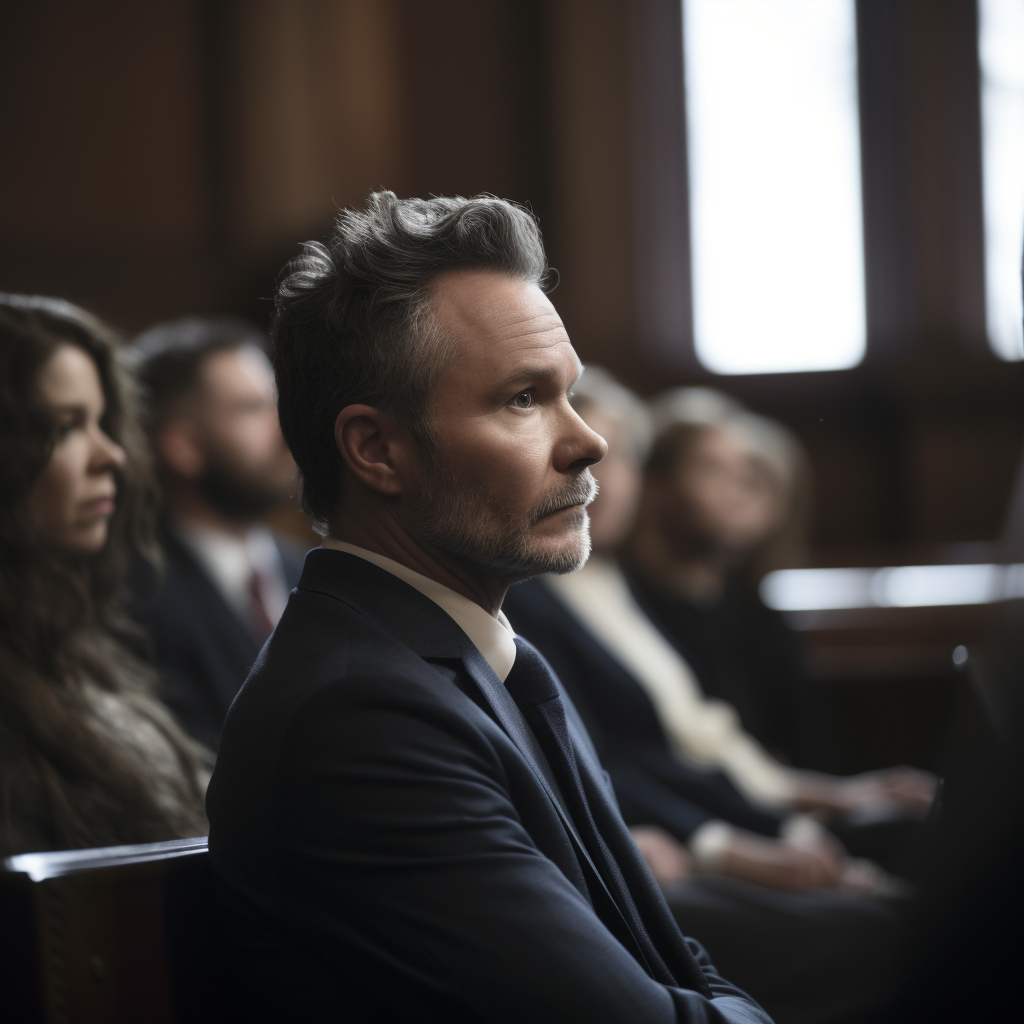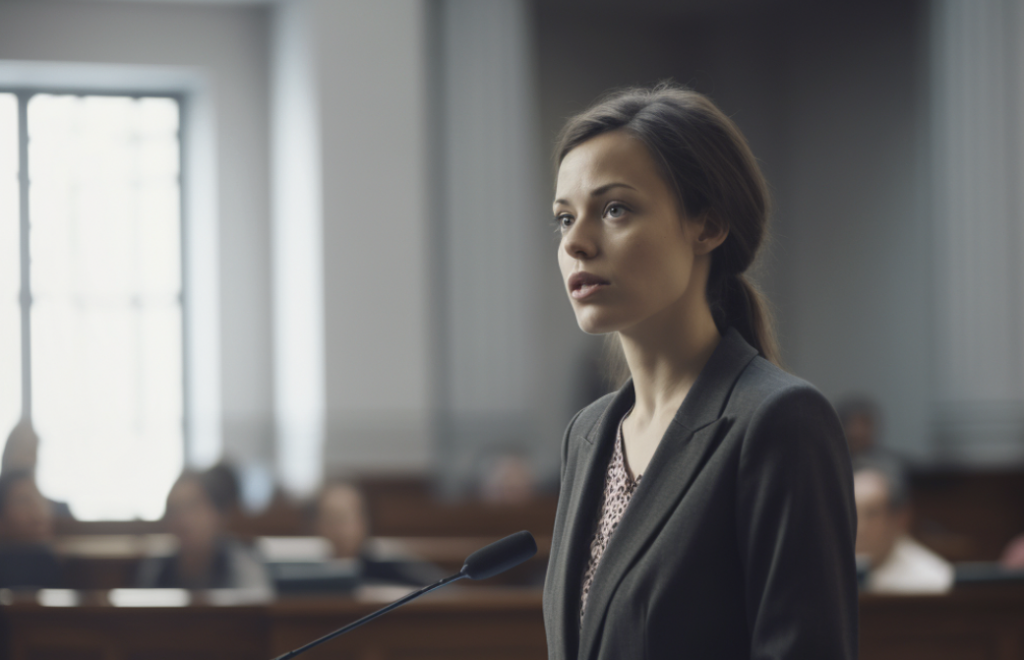Table of Contents
Jury selection is one of the most important parts of the trial. The individuals who will consider your evidence and arguments are the ones who will decide whether the defendant is liable and the amount of compensation that the court should order them to pay. However, jury selection is not about choosing the jurors you prefer but about identifying those who may harbor biases that could hurt your client’s case.
At Voldz Law, we understand that each stage of litigation must be carefully handled and given the attention necessary to present the strongest possible case for your client. We do not take jury selection lightly; rather, we view it as the opportunity to identify potentially problematic jurors by detecting prejudices that could impede a favorable verdict. If trial is on the horizon for your personal injury client, count on us to handle this and every other stage of the case.
How Does Jury Selection Work?
Prior to the commencement of jury selection, the trial judge will meet with the attorneys responsible for conducting voir dire and try to reach a disposition of the underlying case. If this is not possible, the judge will use one of the methods discussed below, subject to reasonable time limits on the questioning of prospective jurors.
There are two types of challenges that attorneys can make to prospective jurors:
Challenges for cause: These challenges question whether a juror is able to fairly and impartially evaluate the case and render a fair verdict. A strike for cause is based on the attorney’s contention that the juror would not be able to follow the court’s instructions during the trial or would be otherwise incompetent.
Peremptory challenges: Attorneys are permitted a certain number of peremptory challenges for which no explanation must be given. These are granted to ensure that jurors with a questionable commitment to impartiality and fairness are not seated.
The actual process of jury selection will proceed according to one of the following methods:
White’s Method: The attorneys conducting voir dire will ask all prospective jurors collectively whether they have personal knowledge of the subject matter of the case, the parties, their lawyers, or any potential witnesses. Attorneys may question individual jurors based on their answers, at which point counsel can begin exercising challenges for cause. After general questioning, selection shall continue in rounds. Each round consists of seating prospective jurors, questioning them, and the attorneys exercising challenges for cause and peremptory challenges.
Struck Method: This method is initially similar to White’s and begins with questioning the prospective pool collectively. Once general questioning ends, the attorneys for the respective parties can ask individual jurors specific questions aimed at uncovering biases and other problems. Attorneys can challenge jurors for cause and, later, use their peremptory challenges.
Other methods: Used only in court districts that specifically approve it, the strike and replace method is intended to create a more orderly and efficient jury selection process. Courts may also allow other methods for use on an experimental basis.
Jury Selection | Tips Only Trial Attorneys Know
An experienced New York trial lawyer will appreciate how important it is to prepare for jury selection well in advance of the actual proceeding. It begins with reviewing the allegations made in the case to determine the client’s strengths and weaknesses, which will help the attorney piece together an ideal juror profile.
For instance, one weakness may be that the victim had pre-existing injuries. Depending on other circumstances of the case, an attorney representing the victim may or may not want such a juror. The attorney will have to ask detailed questions to determine whether that experience will undermine or enhance the client’s case.
The juror profile exists as an ideal, in that no prospective member of the jury pool will perfectly match the plaintiff’s attorney’s preferences. Each individual prospective juror must be evaluated based on their answers and how close they come to the ideal. There are certain types of jurors that a plaintiff’s attorney will not want, including those that exhibit a cultural or regional bias against the injury victim or who seem too sympathetic to insurance companies. By developing both the desired and undesired juror profile, the attorney can conduct jury selection with confidence as to the individuals who are selected to hear the case.

How To Identify Bias In a Juror
The key to uncovering prejudices in a potential juror is to ask very targeted questions on a number of topics, such as their feelings about people who bring personal injury lawsuits and the idea of awarding someone money for pain and suffering. The juror’s responses, including their body language and facial expressions, can provide an attorney with a wealth of insight as to how the individual may decide the plaintiff’s case.
A good trial attorney will also create a safe space for the juror as well as pay close attention to their answers (and especially the language they use). For instance, moral judgments about what the victim “deserves” from the lawsuit can be strong indicators of the juror’s suitability. Jurors who relay past negative experiences with insurance companies may be more sympathetic to a victim’s plight, while those with strong views about whether it is “right” for a victim to request pain and suffering along with other damages may not be.
Ultimately, the attorney who pays close attention to both verbal and non-verbal cues is more likely to detect unfavorable bias in a juror. From there, the attorney can determine how best to handle each prospective member of the jury.
Proactive Disclosure Helps Expose Preconceived Notions
Most prospective jurors have little to no experience judging the merits of a personal injury lawsuit, and will therefore, be largely guided by their assumptions about an individual victim’s behaviors, habits, customs, lifestyles, personal history, and other unique factors that make the victim who they are. These and other preconceived notions could prevent a juror from impartially evaluating the victim’s case. As a trial attorney, you must ask the right questions that will bring to light these biases.
An example would be if your client was involved in a slip and fall, and the evidence would reveal that he was intoxicated at the time. During jury selection, you may want to ask the following questions:
- Does anyone here have any strong opinions/beliefs on people who drink alcohol?
- Just because someone is intoxicated, does that mean they are at fault for an accident they are involved in? Would you be open to the possibility that a person may be intoxicated during an accident and have that not be a substantial factor in causing the accident?
Asking questions such as these immediately puts the problems you may have with your case at the forefront of the jurors’ minds and helps you navigate which juror should not be selected for your case.
Investigate Juror Affiliations and Conflicts
A juror’s personal or professional connection with individuals, companies, organizations, and entities that are associated with the case may raise conflicts of interest that could impair that person’s ability to fairly and objectively evaluate your client’s case. A personal injury victim’s attorney should question a juror about these connections. The attorney must use this time to ask whether any jurors have any affiliation or relationship with any of the jurors, doctors, medical offices, or witnesses.
Note that sometimes these relationships are indirect. A juror may not work for an insurance company, but the insurer may employ a close family member. The juror could, therefore, be sensitive to a lawsuit that seeks to hold the insurer financially responsible for the victim’s damages. All answers must be considered in light of the allegations and potential defenses in the case, the parties (including insurers), the witnesses, and the attorneys. The ideal juror profile will also inform the New York trial lawyer about how to move forward.
Take the Lead
The plaintiff’s attorney takes the lead in jury questioning and should use this privilege to their client’s benefit. You have all of the control in that room. Not only can you discuss the topics you want, but you can discuss the topics you know the defense is likely to bring up. This way, when it is time for the defense counsel to speak, the jury will have already heard this information and questions, and they will start to tune out. It will also render your credibility as they will see the other side is discussing what you have already spoken about.
A skilled attorney understands the defense counsel’s view of the case and how it is likely to affect jury selection. This typically begins with a careful review of the pleadings, motions, and other court filings. The review enables the plaintiff’s counsel to appreciate the defendant’s position and to anticipate the questions that the defendant’s lawyer will likely ask during voir dire. The prepared plaintiff’s attorney will be ready for these potential questions and will develop their jury selection strategy with them in mind.
Credibility with the jury pool is an essential ingredient. Jurors are often skeptical of the objectives and motives of attorneys on both sides of the case, and could be reluctant to offer full, transparent answers to a lawyer’s questions.
By establishing an appropriate rapport and disarming tone with the jury, the plaintiff’s lawyer can guide voir dire in a positive direction, maintain control over the process, and ultimately seat the best possible jury.
How a Seasoned Trial Attorney Can Help With the Jury Selection Process
Long before jury selection begins, a careful litigator will put in the hard work to prepare. This means understanding common challenges and how to address them, knowing how to ensure a fair and balanced jury panel, and monitoring shifts in juror behavior that could jeopardize the client’s case. When jury selection is carried out properly and with attention to the most important details, it fits in well with the overall trial preparation process.
Our record of experience speaks to the dedication we put into every case. From beginning to end, we not only appreciate the value of the client’s case but also how the verdict will impact their life for potentially years to come. When results matter, let Voldz Law demonstrate our unique approach to not only jury selection but to managing the trial from filing the complaint to reaching a verdict or settlement offer.
Jury Selection: FAQs
What Happens If a Juror Is Biased?
A biased juror could be unable to fairly and impartially evaluate the evidence and arguments presented to determine the defendant’s liability. As such, even the strongest, most compelling case can be undone by a biased juror.
How Long Does Jury Selection Take?
Jury selection in most personal injury cases will usually last about 1-2 days. Although the process could take longer if there are multiple defendants and complex facts, these situations are relatively rare.
What Do Lawyers Look For In Jury Selection?
Personal injury attorneys generally seek jurors who can fairly and dispassionately evaluate the facts of a case, unclouded by any preconceived notions about injury victims and the attorneys who represent them. The members of the jury should at least be sympathetic to the victim’s plight and able to appreciate the extent of the victim’s losses, including non-economic losses such as pain and suffering. Put simply, the ideal juror can objectively examine the evidence and render a fair verdict in accordance with the law.
Get In Touch With Voldz Law To Discuss More
Do you want to help make sure that your client’s case is in the hands of skilled legal counsel each step of the way, including jury selection? Find out how Voldz Law can advocate for your client and seek the maximum compensation available. Contact us today to discuss a referral.




